B4RL project launches with a bold vision for coastal resilience
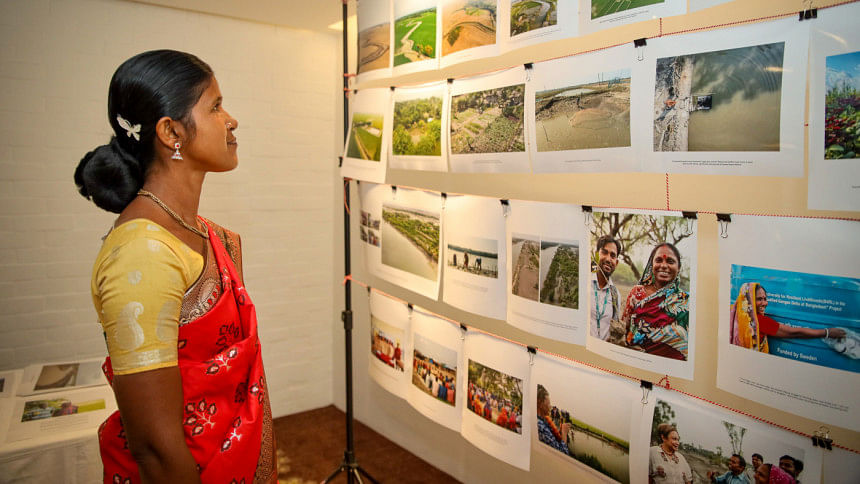
On 2 July, inside a brightly lit conference room at Hotel Lakeshore Heights in Gulshan, voices from across Bangladesh's coastal belt echoed through the capital, bringing with them stories of water scarcity, resilience, and quiet determination. The occasion was the national inception workshop of the Biodiversity for Resilient Livelihoods (B4RL) project, which officially launched its implementation phase following the completion of its baseline study.
The five-year initiative, generously funded by the Embassy of Sweden and led by CNRS in partnership with BELA, NSU, IUCN, PRERONA, and CEDIO, seeks to strengthen the climate resilience of some of the country's most vulnerable coastal communities. At its core lies a simple but urgent belief: that the people facing the climate crisis head-on must be equipped with the tools to adapt through restored wetlands, improved water access, sustainable agriculture, and local leadership.
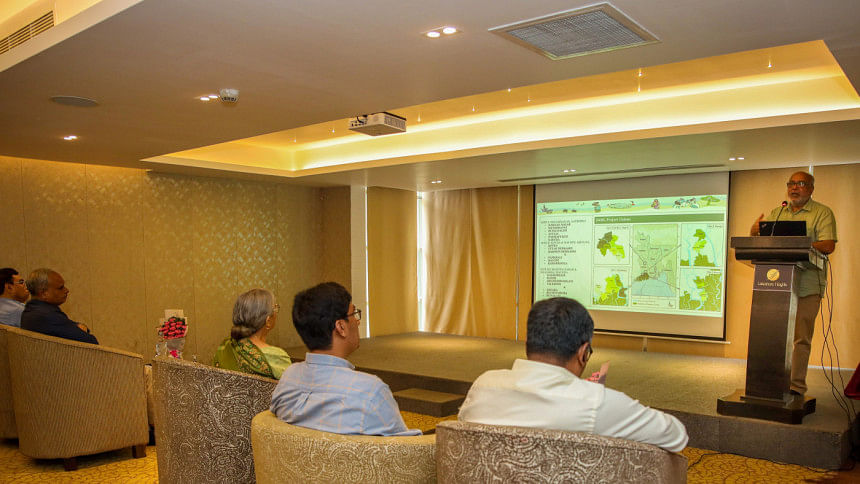
The event drew a diverse group of more than 60 participants — government officials, NGO leaders, community representatives, academics, journalists, and students — united in their commitment to safeguard livelihoods and biodiversity in southwestern Bangladesh.
Among the distinguished guests were Farida Akhtar, Adviser to the Ministry of Fisheries and Livestock; Dr Md Sohorab Ali from the Department of Environment; Md Ali Jinnah from the Department of Agricultural Extension; Rakibul Hasan Mukul from the Department of Forestry; and Mustafizur Rahman from the Embassy of Sweden.
In his presentation, CNRS Executive Director Dr M Mokhlesur Rahman described the project's approach as both practical and visionary. "Adaptive farming, restored canal systems, and good wetland governance aren't just development interventions — they're lifelines for communities under climate stress," he said.
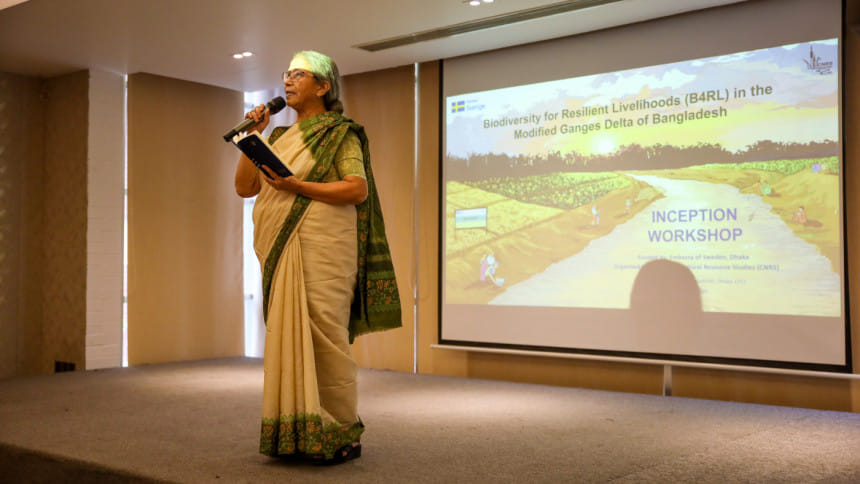
From the field, the message was clear and direct. "After drinking a glass of water, we must pause to consider how we'll manage our next one," said Nipa Chakraboti, a UP member from Shyamnagar. "You need to come see what climate change looks like in our lives. B4RL has given us hope — excavated canals now mean access to freshwater for farming and daily use."
Several government representatives echoed the importance of water-centred planning. Rakibul Hasan Mukul praised the focus on water as a resource, while Ali Jinnah urged long-term thinking around canal maintenance and soil management. Farida Akhtar noted that what makes the project stand out is its meaningful inclusion of women. "They are not just involved — they are benefiting. That's where real empowerment begins."
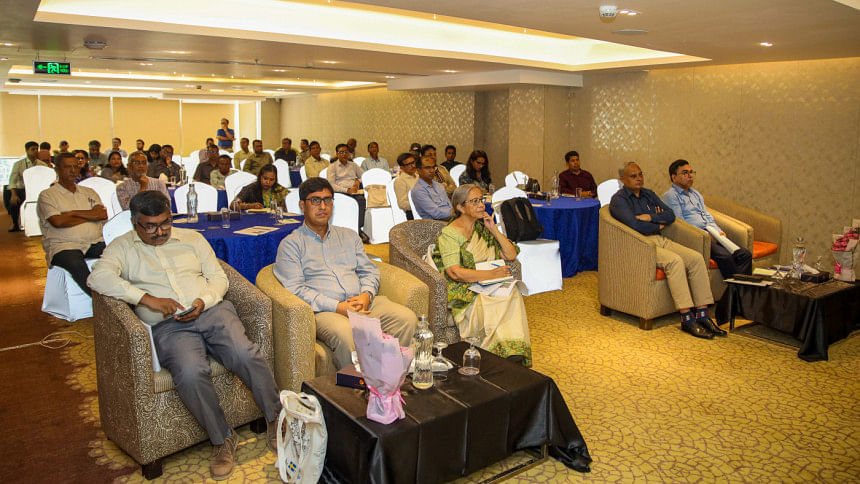
The workshop also featured a photo exhibition and community-led documentary, offering glimpses into the lived experiences and achievements from the pilot phase. For Mustafizur Rahman of the Swedish Embassy, B4RL is more than a project — it's an opening. "It's sparked government interest. Now we need strong local committees, real coordination, and bold policy reform to keep the door open."
As Bangladesh continues to grapple with climate uncertainty, the B4RL project reminds us that resilience isn't just about surviving — it's about rebuilding with dignity, memory, and agency.
Photo: Courtesy

 For all latest news, follow The Daily Star's Google News channel.
For all latest news, follow The Daily Star's Google News channel. 


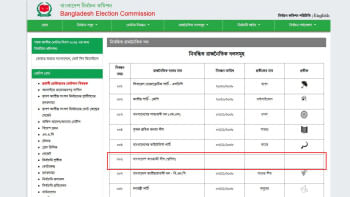
Comments